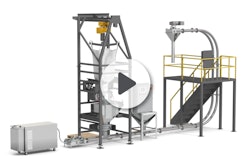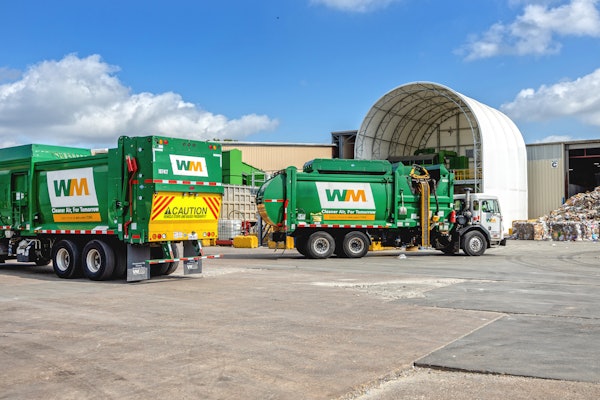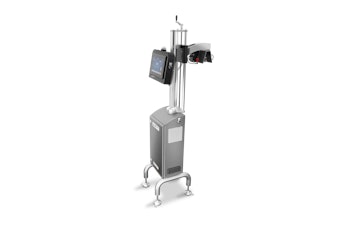
U.S. Secretary of Commerce Penny Pritzker recently announced an award of $70 million to the new National Institute for Innovation in Manufacturing Biopharmaceuticals (NIIMBL), the 11th institute in the Manufacturing USA network. This is the first institute with a focus area proposedby industry and the first funded by the U.S. Department of Commerce (DOC).
NIIMBL will help to advance U.S. leadership in the biopharmaceutical industry, foster economic development, improve medical treatments and ensure a qualified workforce by collaborating with educational institutions to develop new training programs matched to specific biopharma skill needs.
The announcement was made at the University of Delaware, which will coordinate the institute in partnership with DOC’s National Institute of Standards and Technology (NIST). Beyond the federal funding, the new institute is supported by an initial private investmentof more than $129 million from a consortium of 150 companies, educational institutions, research centers, coordinating bodies, non-profits and Manufacturing Extension Partnerships across the country. The consortium is establishing a new non-profit organization called USA Bio LLC to administer the cooperative agreement with NIST.
“In communities from coast to coast, the Manufacturing USA network is breaking down silos between the U.S. private sector and academia to take industry-relevant technologies from lab to market,” said Pritzker. “The institute announced is a resource that will spread the risks and share the benefits across the biopharmaceuticalindustry of developing and gaining approval for innovative processes. The innovations created here will make it easier for industry to scale up production and provide the most ground-breaking new therapies to more patients sooner.”
This manufacturing innovation institute was awarded under the 2014 bipartisan Revitalize American Manufacturing Innovation Act. It is the first Manufacturing USA “open topic” competition, in which industry was invited to propose institutes dedicated to any advanced manufacturing area not already addressed by another institute.
While government does not steer the decision on which new technologies get developed or how universities undertake research, the government does play a role as a catalyst and a convener. In recognition of this, the Commerce Department-funded institute was chosen from technology areas proposed by industry. Following broad dissemination of a Federal Funding Opportunity announcement, applications to establish the new institute were solicited by NIST and rigorously evaluated against written criteria by an expert panel to make the final selection.
Traditional pharmaceutical production relies on chemistry to create medical treatments.Biopharmaceutical production relies on biology—living cells produce the treatments or their components—which requires a complex manufacturing process. Biomanufacturing is used to produce many widely-used treatments for a growing number of health conditions such as cancer, autoimmune disorders and infectious diseases—and generating billions of dollars in revenue worldwide. However, innovation is needed to allow more rapid and flexible production to meet healthcare demands and ensure U.S. leadership in the industry.
The institute will foster collaborative technology development to benefit the industry as a whole, reducing the risk for individual companies and lowering barriers for small and medium-sized companies. Its programs will focus on advancing current manufacturing platforms as well as creating new ones for emerging products.
The institute will also seek to develop flexible, rapid manufacturing capabilities that will help to ensure that manufacturers can quickly respond to pandemics and other biological threats. Beyond its research efforts, the institute will support the development of standards that enable advances in biopharmaceutical manufacturing. Collaborating colleges and universities will work with industry to provide education and training programs, curriculum development and certification standards that will ensure a pipeline of skilled workers.
NIIMBL joins 10 other institutes in the Manufacturing USA network, which are addressing challenges and supporting workforce development in important advanced manufacturing industries. Like all of the institutes in the network, NIIMBL will continue to seek new members and to increase its industry investments.






















